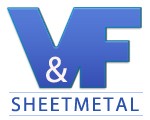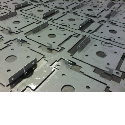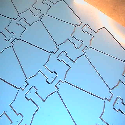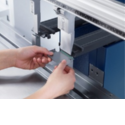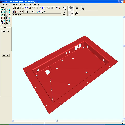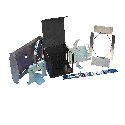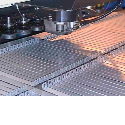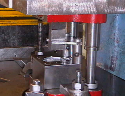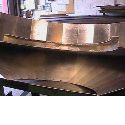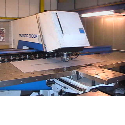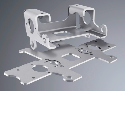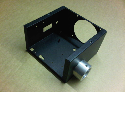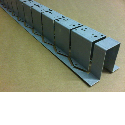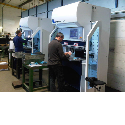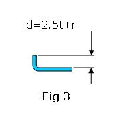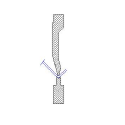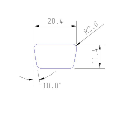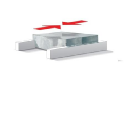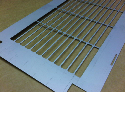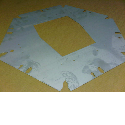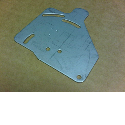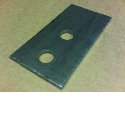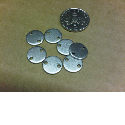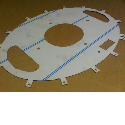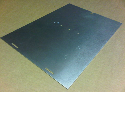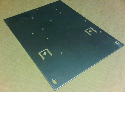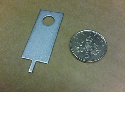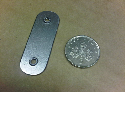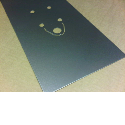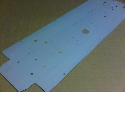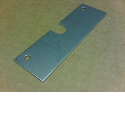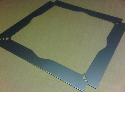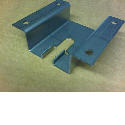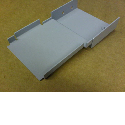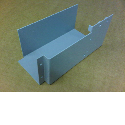Manufacturing bespoke sheet metal brackets and angles
6 November 2023Manufacturing aluminum sheet metal brackets is a complex and precise process that involves various stages to create durable and versatile components for a wide range of applications. Aluminum, known for its lightweight and corrosion-resistant properties, is a preferred material for bracket production. The process begins with the selection of high-quality aluminum sheets, which are typically alloyed with elements like magnesium, silicon, and copper to enhance their strength and durability. These sheets are then cut into the desired dimensions using shearing, laser cutting, or punching machines. Precision is paramount in this phase to ensure that the brackets meet specific design requirements.
After cutting, the aluminum sheets are often bent or formed into the required bracket shapes. This step involves the use of specialized machinery, such as press brakes, to achieve precise angles and bends. The level of complexity in bracket design can vary significantly, from simple L-shaped brackets to more intricate configurations that demand a high degree of accuracy. The bending process is critical to ensure the brackets can securely hold and support the intended loads.
Before the brackets are formed, they may undergo additional processes to further refine their shape and properties. For example, holes and cutouts may be added through processes like punching, drilling or laser cutting to allow for fasteners, alignment, or to reduce weight. These perforations are often executed with precision to ensure that the brackets can be easily integrated into their final applications.
To enhance the aluminum brackets' durability and resistance to environmental factors, surface treatments are often applied. Anodizing is a common method used to create a protective oxide layer on the surface of the brackets, providing corrosion resistance and improved aesthetics. Other finishes, such as powder coating, painting, or even polishing, may be used to achieve specific functional or aesthetic requirements.
The use of aluminum sheet metal for bracket manufacturing offers numerous advantages. Aluminum's exceptional strength-to-weight ratio makes it ideal for applications where weight reduction is essential. Industries like aerospace, automotive, and marine benefit from the lightweight properties of aluminum brackets. Furthermore, its resistance to corrosion ensures that aluminum brackets can withstand harsh environmental conditions, making them suitable for outdoor or marine applications.
In summary, the manufacturing of aluminum sheet metal brackets is a multi-step process that requires precision, expertise, and attention to detail. From material selection to cutting, forming, finishing, and quality control, each stage contributes to the production of durable and versatile brackets. The advantages of using aluminum, including its lightweight nature and corrosion resistance, make it an ideal choice for various industries. Whether supporting heavy machinery or providing structural elements in aerospace applications, aluminum brackets play a crucial role in ensuring the structural support and alignment of various components.
https://www.vandf.co.uk/gallery/bracket-angle-gallery/
Ask us for a quote today on your next aluminium bracket project, happy to help.

